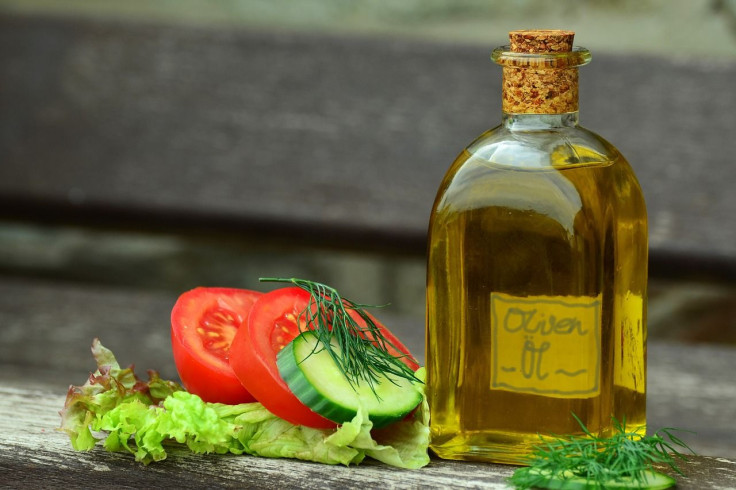Heart Attacks May Be Prevented With Help Of This Cooking Oil

A heart attack is believed to be caused by a blockage in the arteries. When the flow of blood, which carries nutrients and oxygen to organs for them to function normally, is blocked, then a heart attack may occur. This can cause serious damage to the heart muscles and can be life-threatening.
The Cause of the Blockage
Medical professionals say that the buildup of cholesterol, fats, and many other substances in the arteries cause the blockage. When left unchecked, these fatty substances can accumulate inside the artery walls.
Over time, it can block the coronary artery, cutting off the flow of oxygen-rich blood to the muscles of the heart. When this happens, the heart may suffer permanent damage.
According to health experts, making some diet adjustments is necessary to prevent this from happening. Some of the recommended foods to include in your regular diet are avocado, fatty fish, asparagus, nuts, watermelon, and broccoli.
A Kind of Cooking Oil
While many cooking oils are considered unhealthy, there is one in particular that can help cleanse your arteries and reduce the risk of a heart attack. Long recognized as among the best oils you can use because of dozens of health benefits, olive oil is rich in monounsaturated fatty acids. Various studies have proven this oil to help improve the health of your heart.
A staple in Mediterranean diets, olive oil is also full of antioxidants that can help ease inflammation, as well as reduce the risk of suffering from chronic diseases. A study involving 7,216 adults who are at risk of developing heart disease showed that participants consumed more olive oil reduced their heart disease risk by 35%. In another study, this time involving experts from the US National Library of Medicine National Institutes of Health, proved that olive oil intake lowered cardiovascular disease risk.
According to Medical News Today, a particular protein in the blood rises after eating. Recent studies reveal its vital role in preventing heart attacks. Called apolipoprotein A-IV or ApoA-IV, researchers say that higher blood levels of this protein are linked to a reduced risk of cardiovascular diseases.
St. Michael’s Hospital scientists have proven that ApoA-IV can stop blood platelets from transforming into blood clots. They say that the increase in levels of ApoA-IV in the blood has been observed to happen after meals with olive oil were consumed.
© Copyright IBTimes 2025. All rights reserved.





















